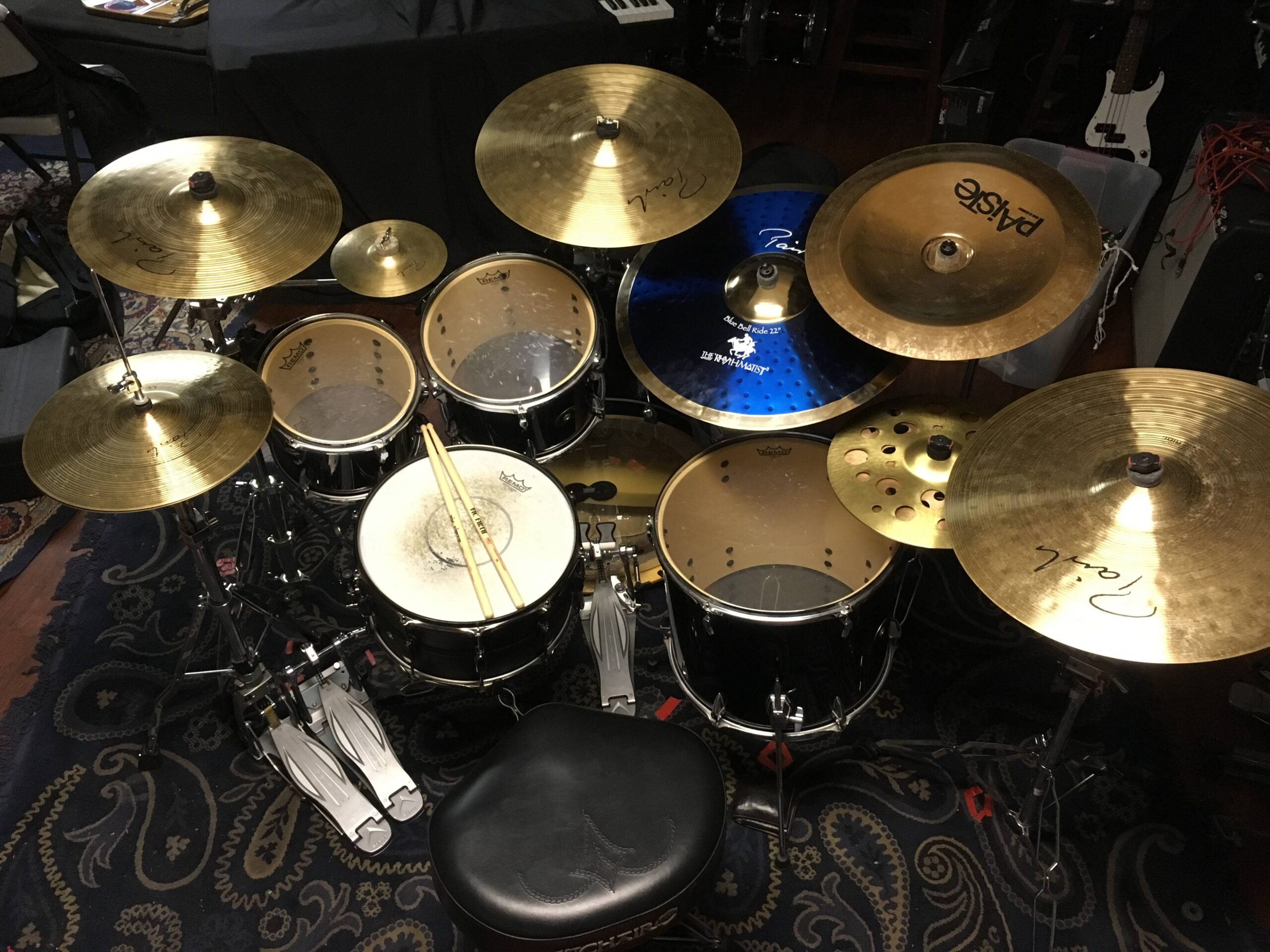Part 1
As one journeys through learning piano or drum lessons in Chicago, something weird happens. Like everybody else, I am a victim of this phenomenon. It frustrates me and makes me feel weak like my efforts are not rewarded by what they are due. Instead of explaining the matter, I’ll give you an example.
For instance, we are practicing a song on the piano. We labor through the different steps with great patience and effort. Every note, every measure, and every phrase is carefully considered and rehearsed. We cement our learning through repetition, playing it over and over until we are pretty sure we got it. The working word in the previous sentence is “pretty.” Why? Because when it comes the time to perform said piece for an audience we can’t spit it out. There is a hesitation here with a wrong note there or an awkward dynamic at a third spot. Nothing goes according to plan, and we end up with a Frankenstein of a song that vaguely resembles what we practiced.
Have you ever experienced that? If so, leave a comment. I’m interested to know if I am the only one on this boat.
The purpose of this blog is to offer some solutions to a dire problem: how do we not have the feeling we are spinning our wheels for nothing? So, as a solution, I propose this: play with others.
That’s it! Thank you very much and leave me a thumbs up, a like, or whatever.
All right, all right, I’ll develop a little more.
Again, instead of giving you a beautiful, but dry explanation, I’ll give you, this time, a short story.
But wait! This blog is getting long. I’ll tell the tale in the second part and offer a few tips. See you on the other side!
Part 2
What we have determined in the first part is something that I am sure any musician has experienced and dreaded: you practice a tune your butt off and you can’t play it correctly in front of an audience.
I hinted that the remedy is playing with others. Hmm, the plot thickens. What others am I going on about? Is it the audience or the musician(s) you play with?
I chose to tell a story illustrating what I am referring to.
When I first started playing the drums, I spent an entire summer on my kit. During that time, I focused on mastering the very basics, like how to bang the drums as hard as possible to demonstrate my determination, even if I lacked skill.
Fast forward to my first experience playing with a band. It consisted of two guitar players who were twins (and yes, they were!). There was no bass player or singer. Long story short: I clicked up the first song, and it was like I never practiced a minute. Oh no! I couldn’t hold a beat, my right foot moved at the wrong time, and my hands had a mind of their own. You could forget about fills, dynamics, or following a form. In short, I couldn’t do anything! It was like I had learned the motions of swimming on the shore but, once in the water, I was overwhelmed by a million factors I hadn’t considered, like the waves and the saltiness of the ocean.
Fortunately, just like when you’re being dropped into the ocean… my survival instinct kicked in. In a matter of seconds, I managed to straighten up enough so I could at least hold the beat. Wow, those seconds feel long when your brain is on overdrive.
As I progressed in my drumming, I always trusted that whatever I had practiced would eventually come through when playing with others. I also noticed that the delay shrunk. It would no longer take me three months to present to an audience what I was working on. My body and mind were becoming attuned to the instrument.
But you might be wondering: what are we to do if we don’t have a bunch of players readily available to try the stuff we practiced?
That’s a good question, and I will answer it in my next blog. I am very aware that this subject is turning into a saga, but it can be a lot of help for many of my students who struggle with performing, as well as for those who want to replicate exactly what they practice on stage—whether you’re taking piano and drum lessons in Chicago or working on an entirely different musical journey.
Part 3
So far, we’ve learned that what we practice and can perform for others are two different things. We’ve also discovered that performing can help resolve many issues. We concluded the last entry with a cliffhanger: What should we do if we don’t have a band to try things out with?
Here are a few solutions.
- Play with the metronome. I admit that this device is crude, but it pushes you to move on to the next beat no matter what. That pressure helps the body and mind to understand that no matter what, the show must go on.
- Create a playlist of songs to play along with. It is similar to a metronome, but it’s a bit more fun and it has all sorts of benefits like developing a sense of form or following the swells of the music.
- Play what you work with your friends and family regularly. It means that in a week of practice, you can have a recital for a person or four before your next lesson. This will tell you where you’re at.
- Go to a jam session. This one is a bit more radical, I admit. So, pick a day and a club that hosts events and go on stage! I did it a lot and it was not easy. You’re going to need a lot of courage but you’ll develop a lot of confidence in the process.
- Record yourself. These days it is super easy to do this since every phone can work as a recording device. Prepare something, and when you think you got it, play it for the microphone. But don’t cheat– you can’t do more than two takes.
That’s all I have to share. And remember, the most important thing for any musician, beginner or professional, is to have fun—whether you’re taking piano and drum lessons in Chicago or working on your solo skills!

